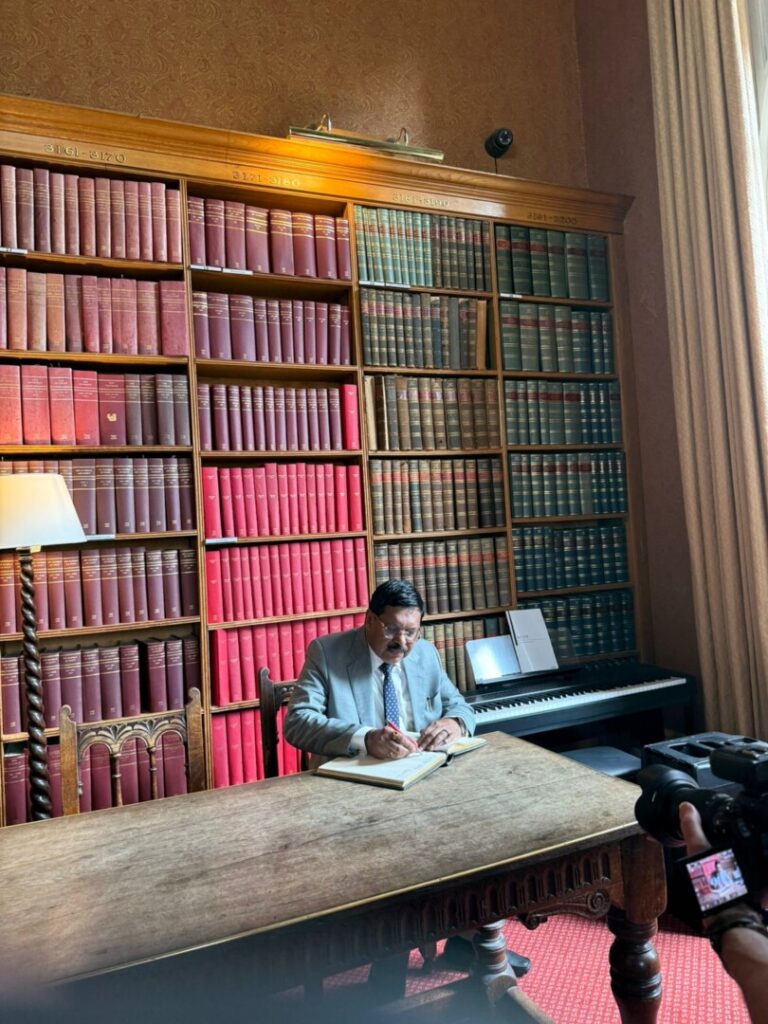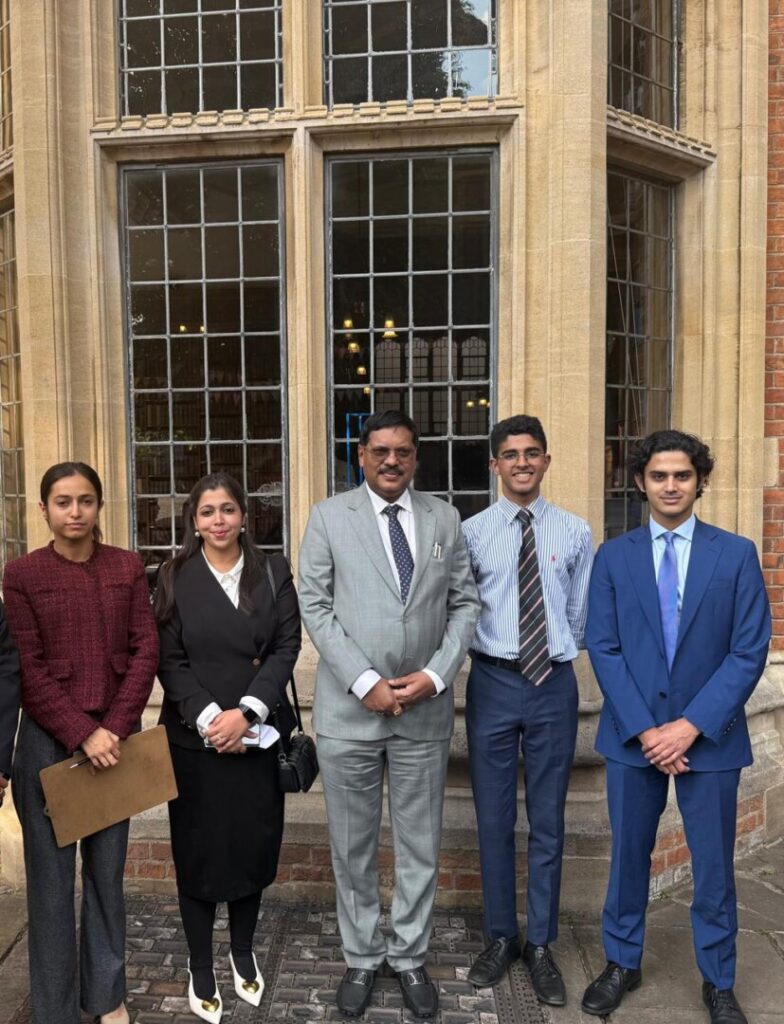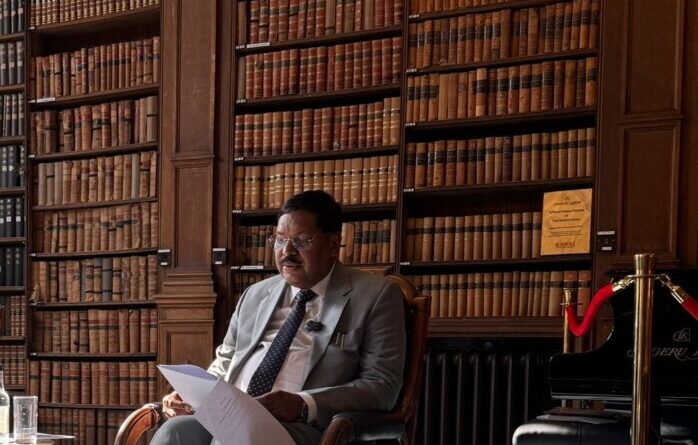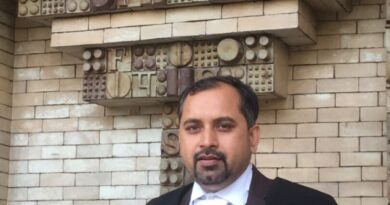Judicial Activism Must Not Morph into Judicial Terrorism: CJI BR. Gavai at Oxford Union
(Judicial Quest News Network)
Oxford, UK 11-06-2025 – Chief Justice of India B.R. Gavai delivered a compelling address at the prestigious Oxford Union, cautioning that judicial activism, though essential, must not cross the line into judicial terrorism.

Speaking on the topic “From Representation to Realisation: Embedding the Constitution’s Promise”, CJI Gavai acknowledged the judiciary’s critical role in upholding citizens’ rights when the legislature or executive fails in its duties. However, he emphasized that the power of judicial review should be exercised sparingly and with restraint.
“The idea of representation found its most powerful and enduring expression in the vision of Dr. B.R. Ambedkar, a statesman, scholar, jurist, and social revolutionary who rose from the most oppressed strata of Indian society. Born into the Dalit community, Dr. Ambedkar defied the constraints of caste and discrimination to become one of the most educated minds of his time. He studied at Columbia University, the London School of Economics, and was trained in law at Gray’s Inn, equipping himself not merely with academic excellence but with a broad understanding of justice, democracy, and social reform.”
When the Legislature or the Executive fails to protect citizens’ rights, the Judiciary is bound to step in. But judicial activism must not turn into judicial terrorism,” CJI Gavai warned.

The event was organized by Advocate-on-Record Tanvi Dube in collaboration with the Oxford Union, drawing an audience keen to engage with India’s evolving constitutional narrative.
Highlighting India’s transformational journey, Justice Gavai reflected on the progress from a society marred by untouchability to one where an individual from that very background now holds the highest judicial office.
“A few decades ago, millions of Indians were called untouchables. Today, one among them stands before you as the Chief Justice of India,” he said, drawing attention to the empowering vision of the Indian Constitution.
“The Constitution of India carries within it the heartbeat of those who were never meant to be heard, and the vision of a country where equality is not just promised, but pursued. It compels the State not only to protect rights but to actively uplift, to affirm, to repair.
Justice Gavai praised the Constitution as a living document that not only enshrines rights but compels the State to uplift and repair social inequities.
Quoting Dr. B.R. Ambedkar, he concluded with a reminder:
“Democracy cannot survive in an unequal society unless power is distributed not just among institutions, but among communities.”
The Chief Justice’s speech was met with a standing ovation, marking a profound moment in India’s constitutional journey being recognized on a global platform.
These constitutional guarantees reflect a vision of substantive equality, which goes beyond formal equality and requires the State to take
Chief Justice BR Gavai further said that the true beauty of Indian democracy lies in this: even as we commemorate 75 years of the Constitution, we continue to reflect, renew, and reimagine how to deepen and expand the meaning of representation.
Just last year, Parliament passed a constitutional amendment to provide political reservations for women in Parliament and state legislatures. positive action to correct historical disadvantages.
Upendra Baxi, a scholar on the Indian Constitution, emphasizes that the Constitution imposes a “duty of care” on the State to ensure that equality is achieved both in letter and in spirit, particularly for marginalized groups.




